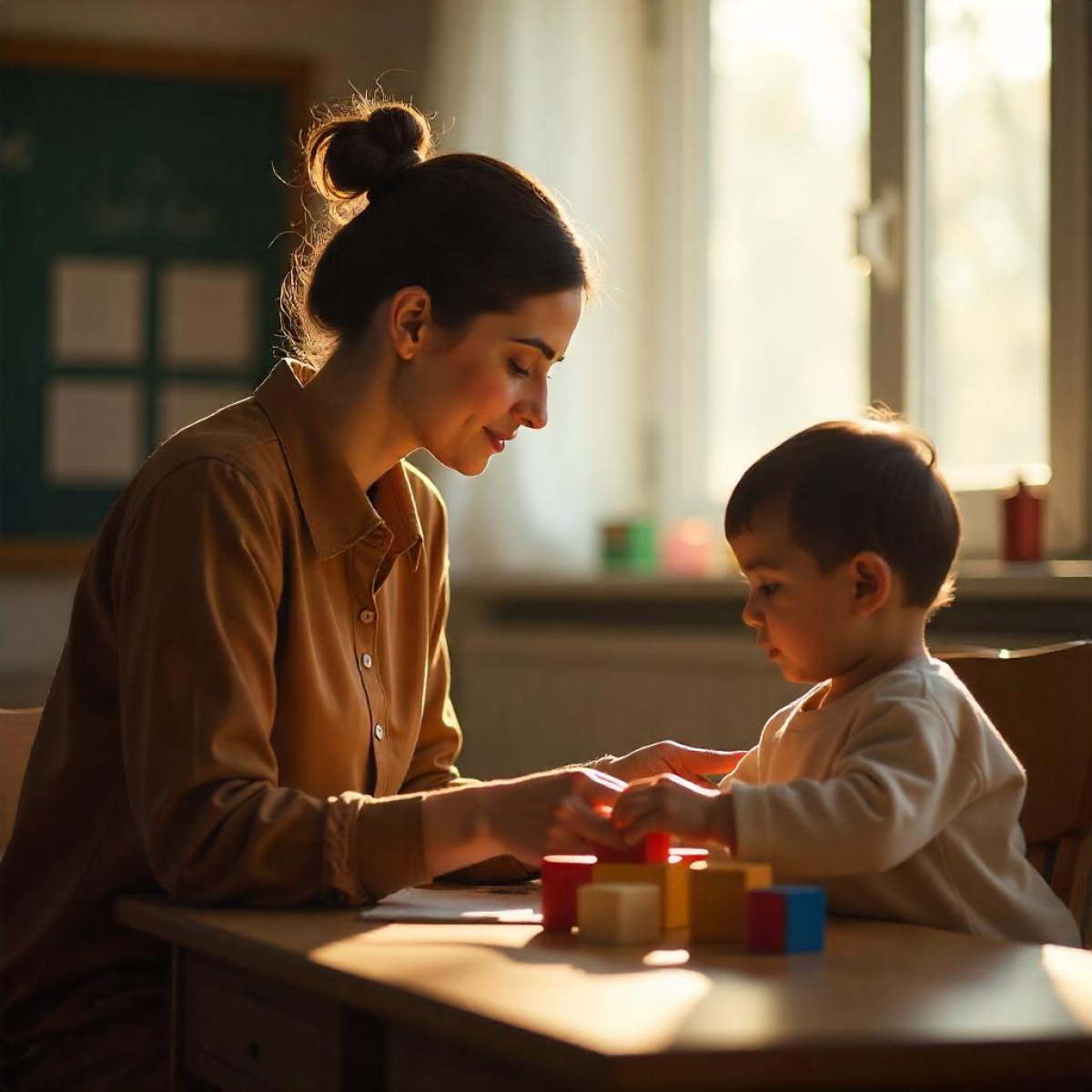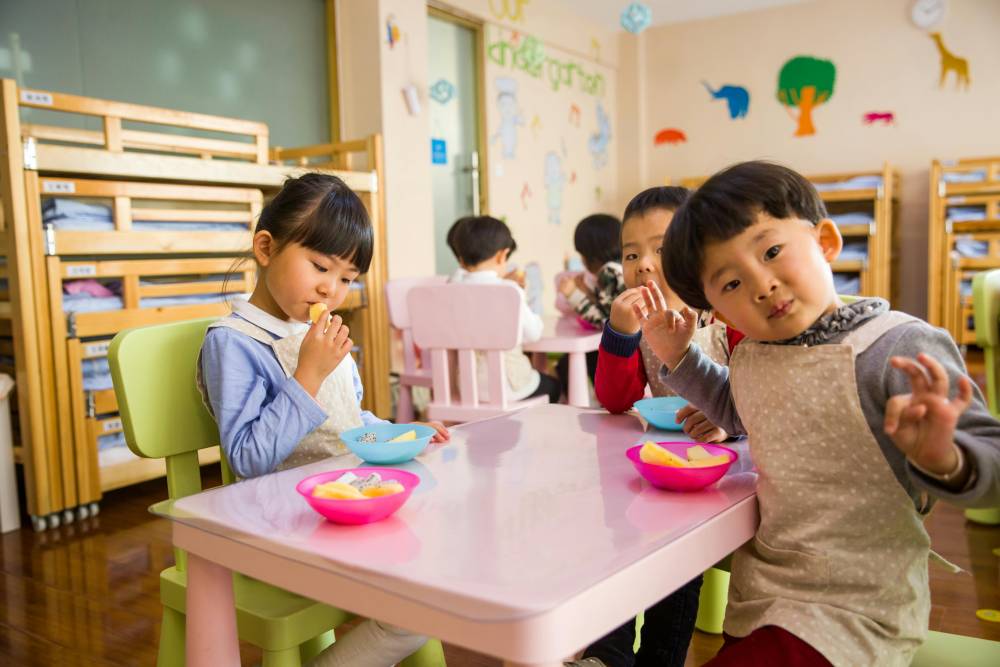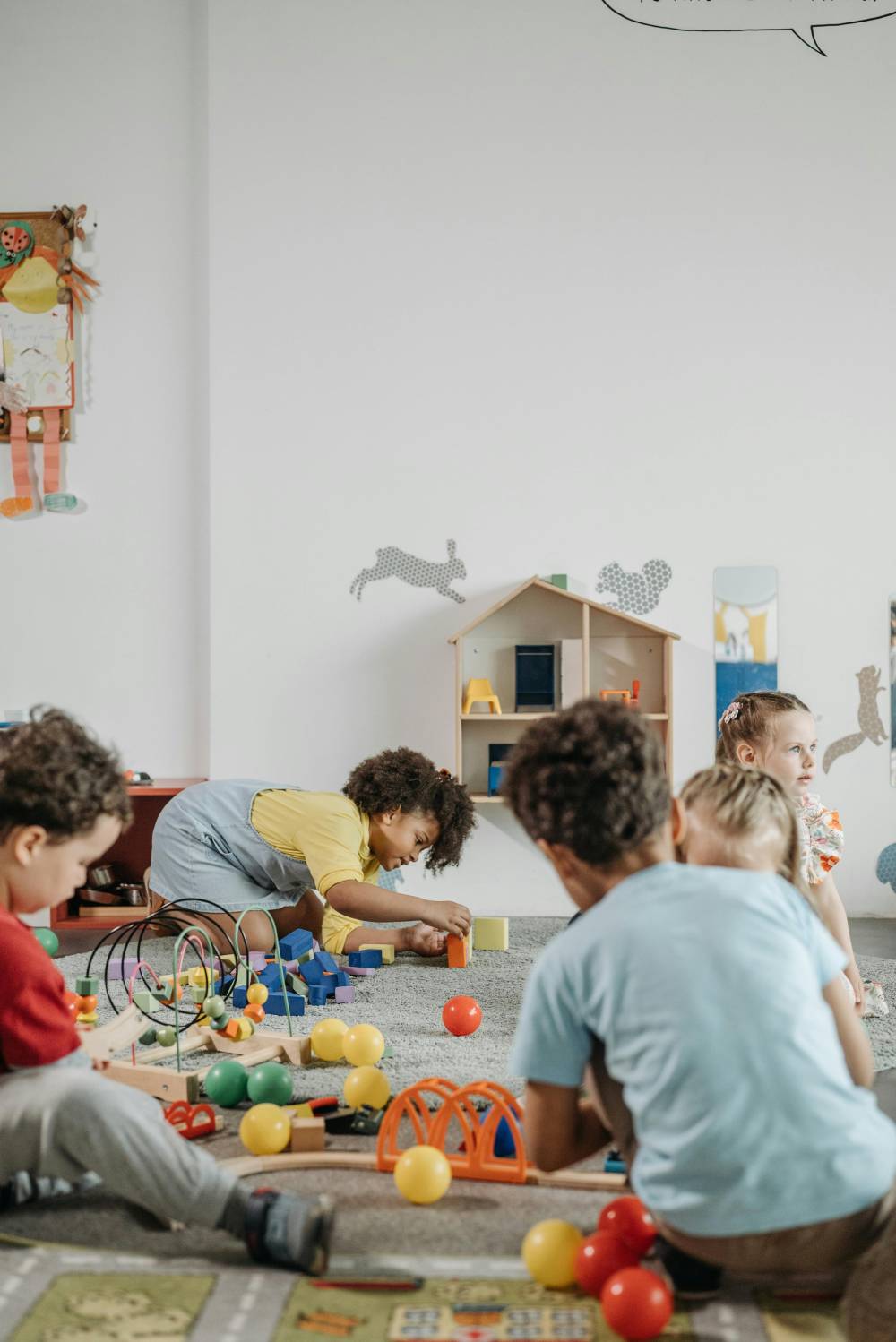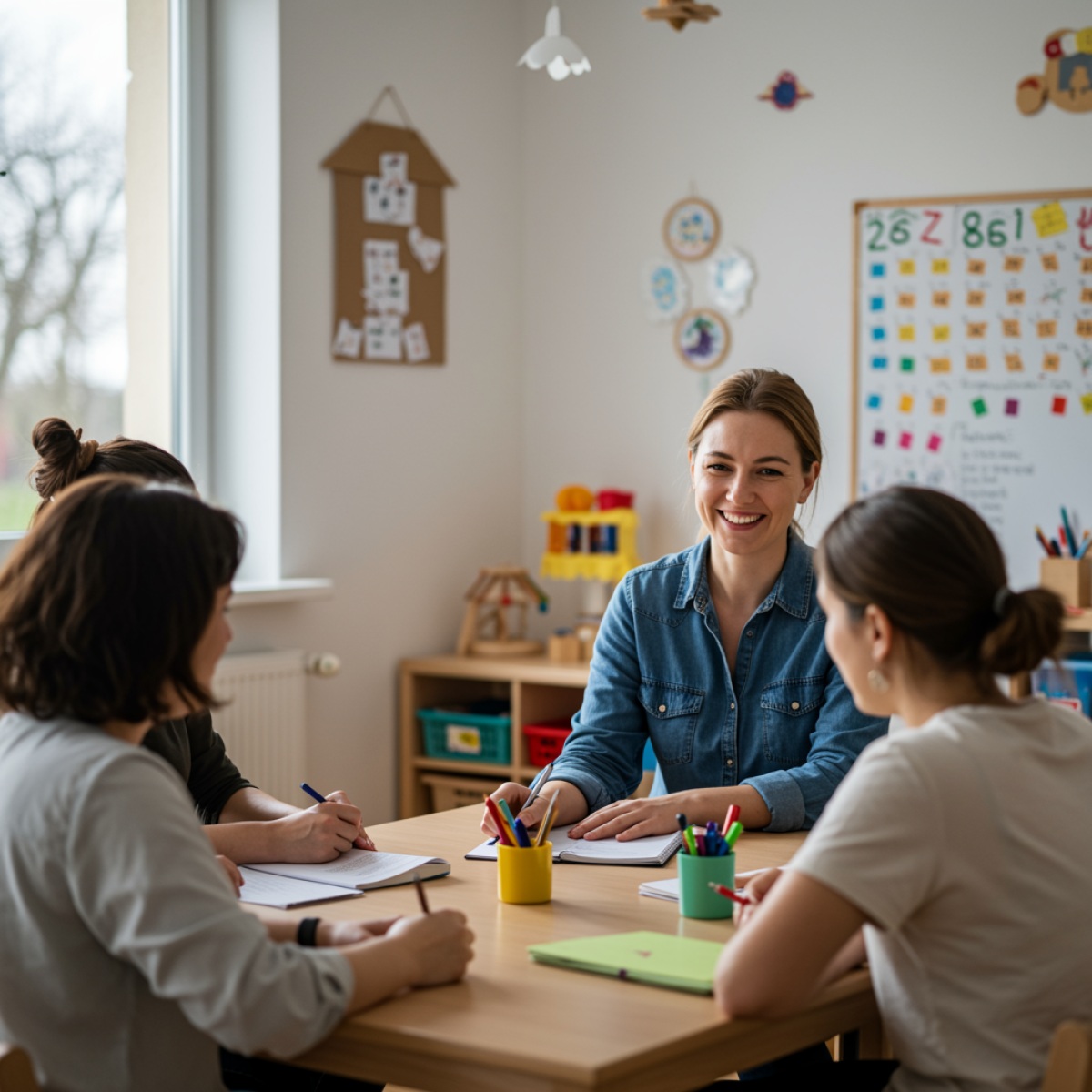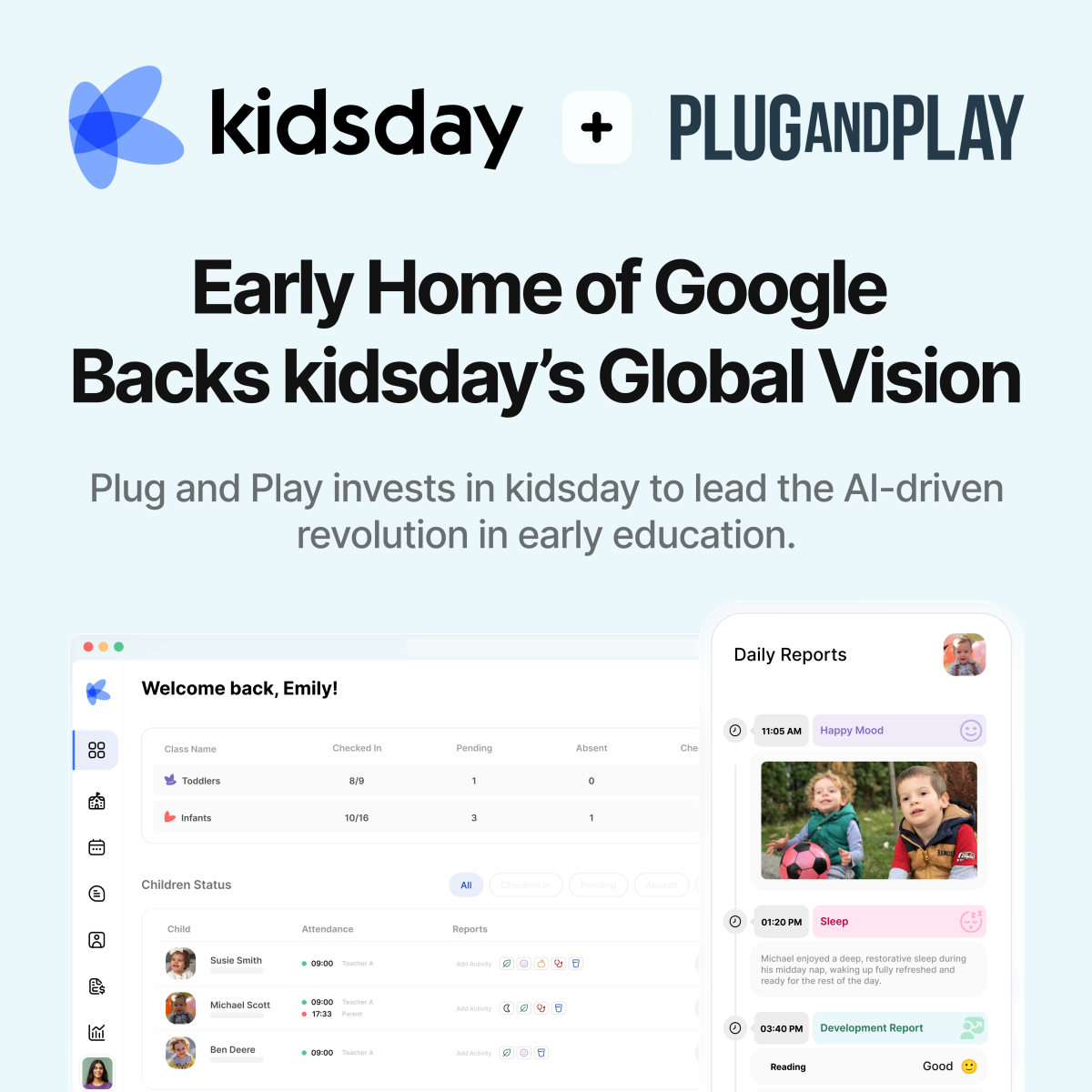In early childhood education, every child is a unique world—growing at their own pace, with their own interests, emotions, and needs. A “one-size-fits-all” approach simply doesn’t work when it comes to early development. That’s why pedagogical observation is one of the most powerful tools an educator can use to help each child flourish in their own way.
What is Pedagogical Observation?
Pedagogical observation is the intentional and structured process of observing a child’s behaviors, interactions, and developmental progress. It allows educators to identify a child’s developmental stage, understand their interests and difficulties, and plan personalized educational strategies.
Why is Observation Important?
Recognizing the uniqueness of each child
Children learn in different ways. Some are more verbal, others more physical or reserved. Observation helps uncover how each child best interacts and learns.
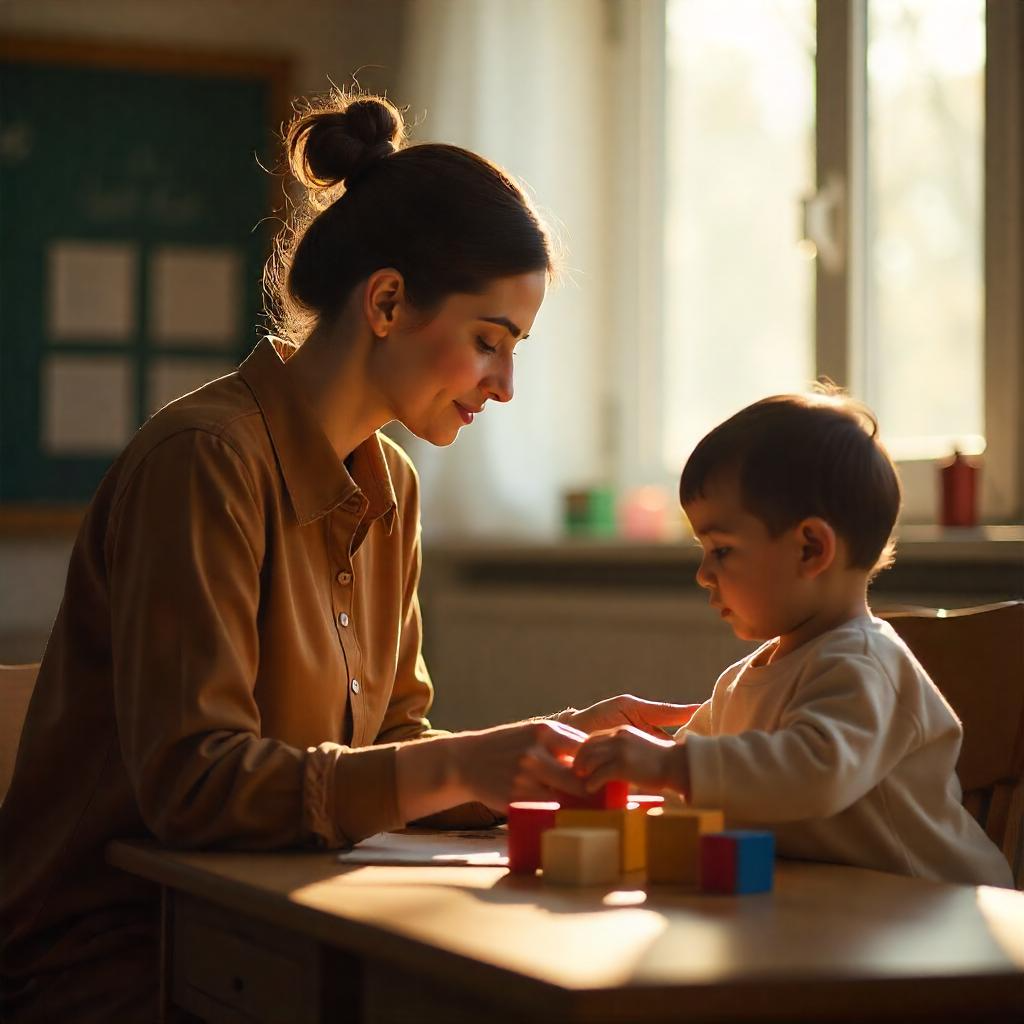
Guiding educational planning
When educators notice that a group of children is showing interest in colors, shapes, or building, they can adapt the curriculum, games, and materials to feed that curiosity.
Understanding and managing challenging behavior
Often, a “difficult” behavior is simply a form of communication. Observation helps educators understand the root causes—fatigue, need for attention, frustration—and respond with care.
Improving communication with families
When educators have concrete insights from observation, their conversations with parents become more informed, respectful, and collaborative. Parents can better understand their child’s development beyond the home environment.

How to Observe Effectively
1. Define your focus
Decide what area of development you want to observe: language, motor skills, social interaction, emotional responses, etc.
2. Be neutral and non-intrusive
Act as a quiet observer. Don’t interfere with the child’s behavior; allow natural reactions and interactions to unfold.
3. Record details objectively
Write down exactly what the child says, does, and how they react in specific situations. Use descriptive—not judgmental—language.
4. Analyze and reflect
Connect your observations to developmental milestones. Compare with the child’s previous progress. Identify where support or new challenges are needed.
5. Share insights with parents and team members
With tools like kidsday, you can easily generate personalized reports and share observations professionally with parents, helping them stay engaged in their child’s growth.
A Tip for Managers
Create time in the weekly schedule for educators to conduct observations and reflect as a team. Fostering a culture of shared learning and reflection significantly enhances the quality of care.
Pedagogical observation is more than a technical task—it is an act of care and intentionality. It helps educators become more aware, more empathetic, and more capable of building strong educational bridges to each child’s inner world.
